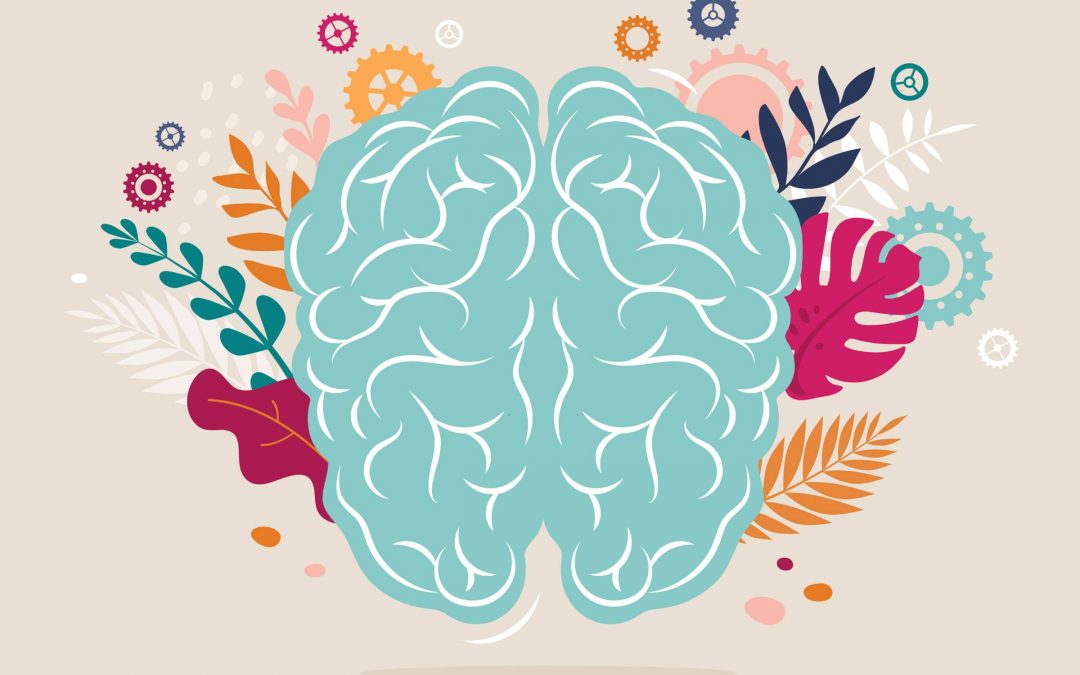Author: Fernando
Faced with new realities of working from home, temporary unemployment, home-schooling of children, and lack of physical contact with other family members, friends and colleagues, it is important that we look after our physical health, but make an extra effort to care for our mental health. The mental health toll of COVID-19 is serious and unfortunately long-lasting for some people. It has had a major effect on our lives and still many of us are facing challenges that can be stressful, overwhelming, and cause strong emotions in adults and children. Public health actions, such as social distancing, are necessary to reduce the spread of COVID-19, but they can make us feel isolated and lonely which can increase stress and anxiety.
It is normal to experience a wide range of emotions like fear, worry, and stress. These are normal responses to perceived or real threats, and at times when we are faced with uncertainty or the unknown, it is expected to feel such emotions. So, it is normal and understandable that people are experiencing fear in the context of the COVID-19 pandemic.
High levels of distress are being experienced by those who say the coronavirus outbreak is a major threat to their personal financial situation or to their personal health. Psychological distress is especially common among adults between 18 to 29, also with those with lower family incomes and those who have a disability or health condition that keeps them from participating fully in work, school, housework or other activities.
And with all of that, unfortunately the topic of suicide became a more heard topic in the news, as many people were severely affected by the pandemic and isolation and quarantine that came with it. As such, mental health became a topic of high importance.
It was equally hard for children and adolescents, as it was for the adults to handle all the changes in their lives. People reported feelings of depression, anxiety and with part of the population already suffering with mental health problems before the virus situation, matters only became worse. With economic difficulties on top of that, people were put under such difficult circumstances that many of them couldn’t see a brighter future.
People were searching for different solutions to cope with these hard times. From yoga and meditation, regular video calls with loved ones and therapy people were struggling with the whole situation but trying to cope with it all. Sharing their ways of coping with others, society was showing support like never before. At least we can say that mental health became even less of a taboo topic than before with people simultaneously working together to make a more positive impact and lessen the damage we experienced.
Since the majority of us were spending a lot of time at home many of our regular social activities were no longer available to us. We should try to see it as a different period in our lives, and not necessarily a bad one, even if we didn’t choose it. Therefore, it was and still is important to focus on our mental health as we continue to be in a world pandemic situation. This is the best reason for us to cultivate a world where we are considerate about how we feel and how the people around us are handling the different challenges they are facing. On that note COVID-19 mitigation measures present extraordinary challenges in mental healthcare delivery, posing high risk to the mental health of at-risk populations, namely patients diagnosed with COVID-19, frontline healthcare providers, those submitted to quarantine or isolation measures, as well as the general population. Ensuring safe and equitable access to mental healthcare by these groups entails resorting to innovative psychosocial intervention strategies, such as digital mental health.
As we know the COVID-19 pandemic is a major public health emergency of international concern, however let’s proceed to examine the situation in Portugal.
Because of the high unpredictability of the outbreak itself, and the uncertainty of its social-economic impact has led to widespread fear, anxiety, and social alarm, posing high risk to the mental health of the Portuguese population.
The first confirmed case was diagnosed on 2nd March 2020, and since then, the spread has been fast, contaminating a lot of people and causing a lot of deaths.
Therefore, in Portugal, the government declared an emergency state in 18th March 2020, and measures, such as canceling gatherings and events, closing schools, limiting the number of people in public places, for example supermarkets, pharmacies and similar, also recommending social isolation, and mandating homework whenever possible have been taken to reduce contact rates in the general population and reduce transmission. Regarding suspect cases and diagnosed cases, a range of measures have been adopted, such as early identification, contact tracing and monitoring, self-isolation and mandatory quarantines.
The COVID-19 pandemic caused a healthcare crisis in Portugal and continues to create chaos across the world. As we go forward with more protocols or less of them, we should always remember to keep in mind to be conscious of the state of our mental health and overall wellbeing of others. Being mindful and following government regulations should always be a priority in times like this.


Nedavni komentarji